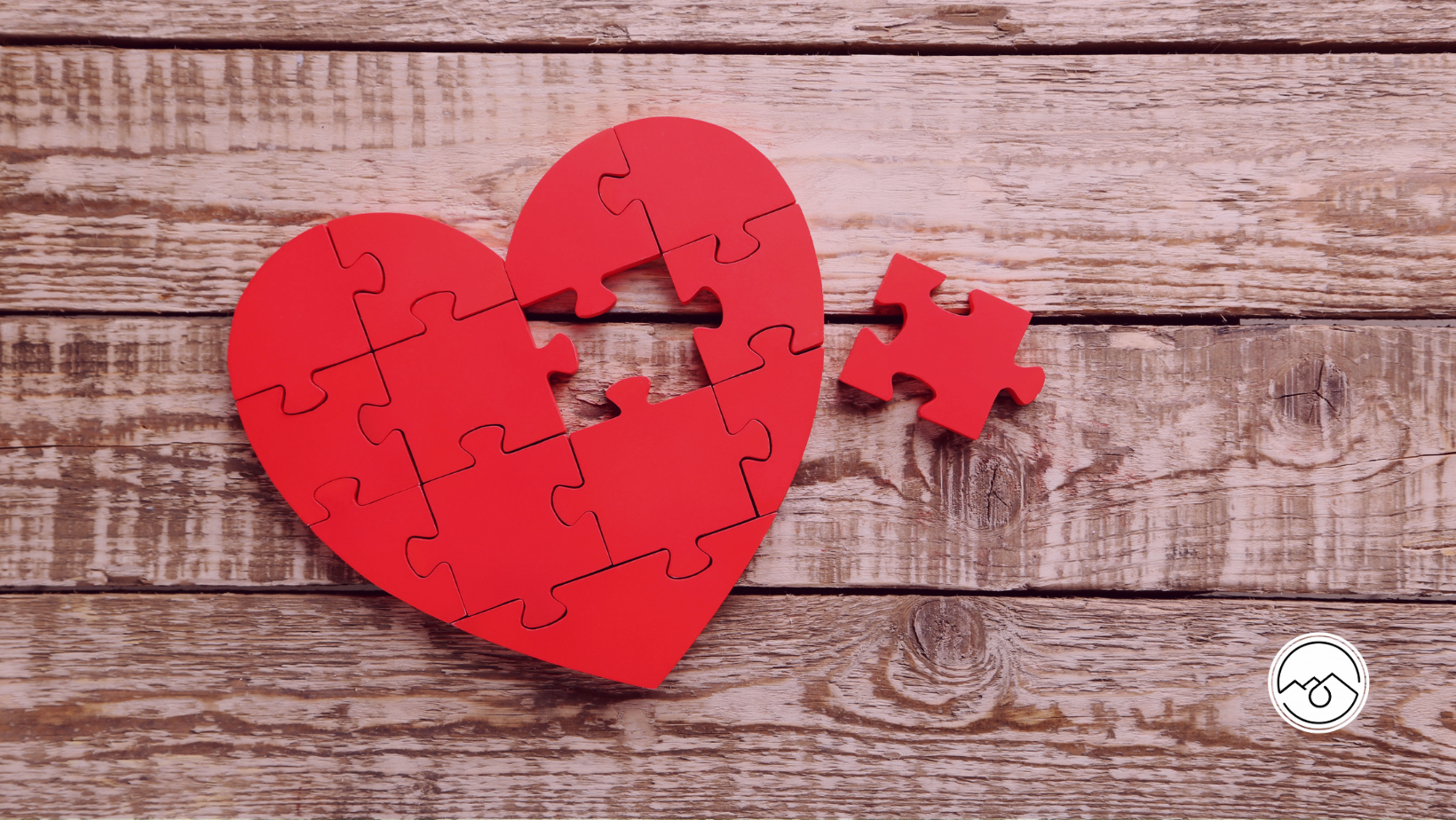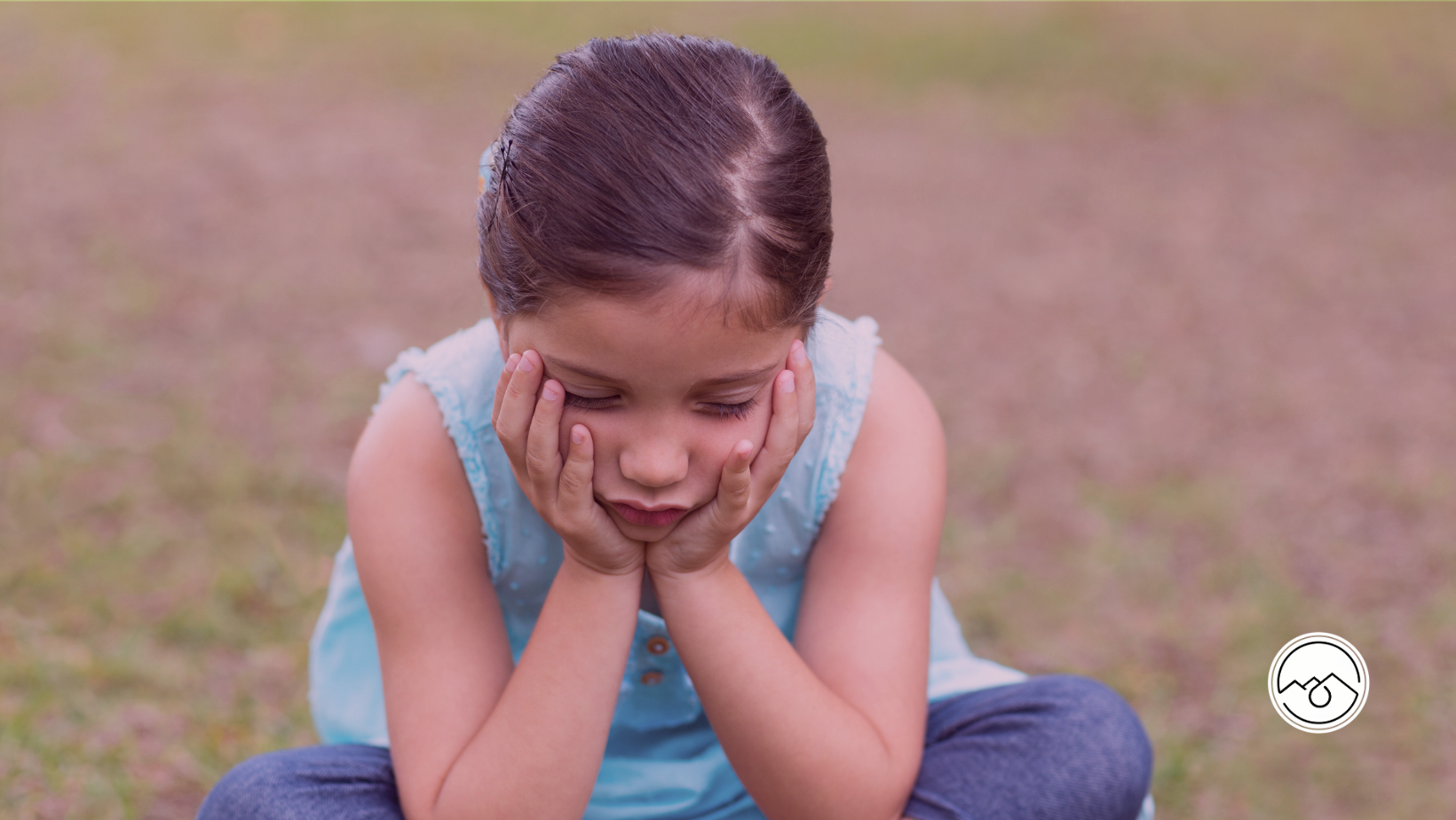Blog Post #19
Facing Fear - Learning to Respond
From Your Higher Self
Understanding Fear and Control
Fear is an inevitable part of life. No one escapes it. We all experience fear, but the key is to learn how to respond to it, rather than let it dictate our actions.
When we feel out of control, we tend to take on the persona of "ControlZilla." This is when we get upset because others aren’t meeting our expectations, acting the way we think they should, or agreeing with us. This frustration leads to negative emotions like bitterness, anger, and resentment.
The problem here is that we are operating from a place of fear, and when we do that, we lose touch with our higher selves—the part of us that’s connected to love, peace, and clarity.
Why Do We Try to Control Outcomes?
Fear often leads us to try to control the outcomes of situations. Take the example of a friend who is worried about a family member. She’s not worried because that family member is doing something harmful, but because she’s afraid they might stumble into harm themselves. This fear leads her to try to control the situation by worrying, thinking that her worry will somehow prevent the bad thing from happening.
But here’s the truth: worry doesn’t control anything. It drains your energy and only serves to keep you stuck in a cycle of fear.
Choosing Love in the Face of Fear
When you’re faced with fear, you have a choice: You can choose to operate from your lower self, driven by fear, or you can choose to respond from your higher self, guided by love.
It may seem easier to choose fear at first, but the truth is that responding with love is the more powerful option. When you choose love, you are no longer trying to control the outcome; you’re choosing to trust the process and focus on what you can control—your own response.
Operating from Your Higher Self
Choosing to operate from your higher self means choosing to act with love, even when you’re afraid. This requires a deep level of self-awareness and emotional responsibility. It’s about realizing that the pain you’re feeling is not a call for control but an invitation to grow.
When you’re in fear, especially fear of rejection, judgment, or uncertainty, it’s easy to try to control everything around you. But in reality, it’s your own inner guidance that will show you the way forward. The more you trust your higher self and choose love over fear, the more you will feel at peace, even in difficult situations.
The Power of Setting Intentions
One of the most important steps in responding from your higher self is setting an intention ahead of time. When you anticipate fear or a challenging situation, decide in advance how you want to respond.
Ask yourself: Do I want to be controlled by fear, or do I want to choose love and clarity, even in this moment of uncertainty?
If you decide in advance that you will respond from a place of love, it’s much easier to follow through when fear arises. You’ll have a roadmap for your response, even when emotions are high.
Healing the Inner Child
Many times, our fear is tied to an inner child wound. If you’ve experienced fear in your childhood, whether from abandonment, judgment, or trauma, that wound may show up in your adult life as a fear of rejection, control, or feeling unworthy.
It’s essential to recognize that the wounded child within you is the part that feels scared, helpless, or small. And when you respond to fear with control or panic, you are reacting from that place of hurt.
Instead of allowing fear to control you, ask your inner child what they need. Reassure them that they are loved, valued, and safe. When you connect with your inner child, you can show up as your higher self—strong, calm, and loving—rather than reacting from fear and past wounds.
Shifting From Control to Acceptance
When we try to control outcomes, we are often avoiding pain. We believe that controlling others or a situation can help us avoid feeling hurt. But the truth is, trying to control only leads to more frustration and exhaustion. Instead, we must learn to accept that we can’t control everything, but we can always control our response.
Accepting the reality of a situation, whether it’s a family member’s behavior, an unexpected challenge, or an uncertainty about the future, allows us to stay grounded and respond from a place of inner peace. You don’t have to control; you just need to trust the process and respond with love.
The Importance of Self-Love and Self-Responsibility
In order to show up for others in times of fear, you must first show up for yourself. This means taking full responsibility for your emotions and understanding that you are the one who holds the power to shift your energy.
When you take responsibility for your fear, you don’t need anyone else to rescue you, fix things, or make you feel better. You become your own support system. By learning to meet your own needs with love, you create a solid foundation of peace that allows you to show up for others in a calm and loving way.
Trusting Yourself
The most important part of this work is learning to trust yourself. Fear often comes from a lack of trust—whether in yourself, in others, or in the universe. But when you choose to trust your higher self and your inner guidance, you begin to step into a life of empowerment, love, and peace.
As you go through life, remember: Fear is just an invitation to grow. Every time you face fear with love, you strengthen your connection to your higher self. You are not defined by fear; you are defined by how you respond to it.
Final Thoughts
Facing fear is not about avoiding it or controlling it. It’s about choosing to respond with love, clarity, and strength. When you make that choice, you are showing up as your higher self, and that is where true peace and empowerment lie.
Choose love over fear. Trust yourself. Embrace your worth. You are stronger and more capable than you realize. You’ve got this!
Note: You can access the full blog content in audio versions on Spotify and YouTube. Happy listening! 🎧
#traumaandsomatics #emotionalregulation #overwhelmed #exhausted #restless stressrelease #traumarelease #stressrelief #somatichealing #anxiety #anxietytips #depression #nervoussystemhealth #traumainformed #emotion












